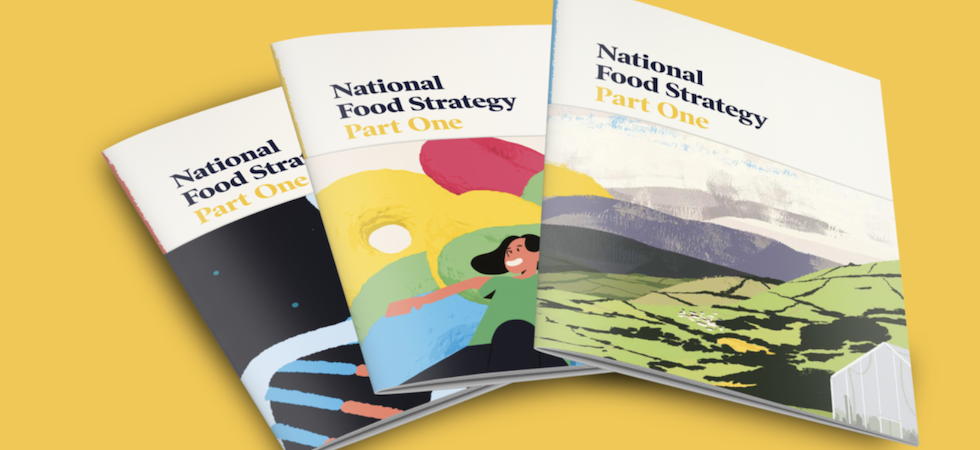The Chartered Institute of Environmental Health (CIEH) has responded to Henry Dimbleby’s independent review of the UK’s food system with concern following the adoption of the controversial ‘dual tariff’ approach to food standards and trade and has called for stronger protections.
The National Food Strategy was commissioned by the Government in 2019 and represents the first independent review of England’s entire food system for 75 years.
Dimbleby’s recommendations in part one of the new strategy included:
- On Trade deals, the report recommended a ‘dual tariff’ system for food products of lower standards. The Government should only agree to cut tariffs in new trade deals on products which meet our core standards. This would be enforced via certification schemes covering animal welfare, environmental and climate protections. The full set of core standards should be defined by the newly formed Trade and Agriculture Commission.
- The Government should give itself a statutory duty to commission an independent report on all proposed trade agreements, assessing their impact on: economic productivity; food safety and public health; the environment and climate change; society and labour; human rights; and animal welfare.
- The Government should adopt a statutory duty to give Parliament the time and opportunity to properly scrutinise any new trade deal. It must allow time for relevant select committees to produce reports on any final deal and allow a debate in the House of Commons.
CIEH has vocally campaigned for the Government to commit to maintaining the UK’s high food and environmental standards post-Brexit and has already raised concerns about these potentially being undercut as a result of any new trade agreement with the United States.
Along with 26 organisations and academics, CIEH has called on UK major retailers and foodservice companies to ask them to commit to not selling products of lower standards. To date, CIEH has received responses from Aldi, Waitrose, Asda, Co-op and Lidl, and a series of supermarket leaders have come out publicly to say they will not stock products that would breach current UK standards.
Ellie Whitlock, policy and public affairs executive at CIEH said: “We are disappointed that Sir Henry Dimbleby has bowed to Government pressure and recommended a dual tariff approach instead of fully protecting food standards post Brexit.
“Allowing a dual tariff approach effectively means that food of a lower quality will still be allowed into the UK and some consumers will be exposed to hormone-treated beef, pesticides that are currently banned in the UK and other harmful additives.
“This food may be clearly labelled in shops but this may not be the case in all restaurants and for prepared food. We are pleased to see so many big supermarkets committing to upholding our current high food standards. It’s a shame that the independent review of the food system has not done the same.
“We also do not believe the Trade and Agriculture Commission, which has no public health representation, is the appropriate body to define our core standards.
“However, we very much welcome the recommendation for a new independent commission to be established to assess the impact of all trade agreements, including impacts on food safety, public health and the environment. If the Government adopts this sensible recommendation, this is a big step forward. We also welcome recommendations around free school meals for all those on universal credit.”









